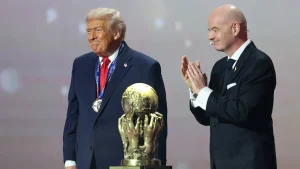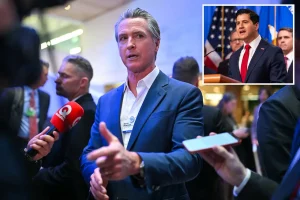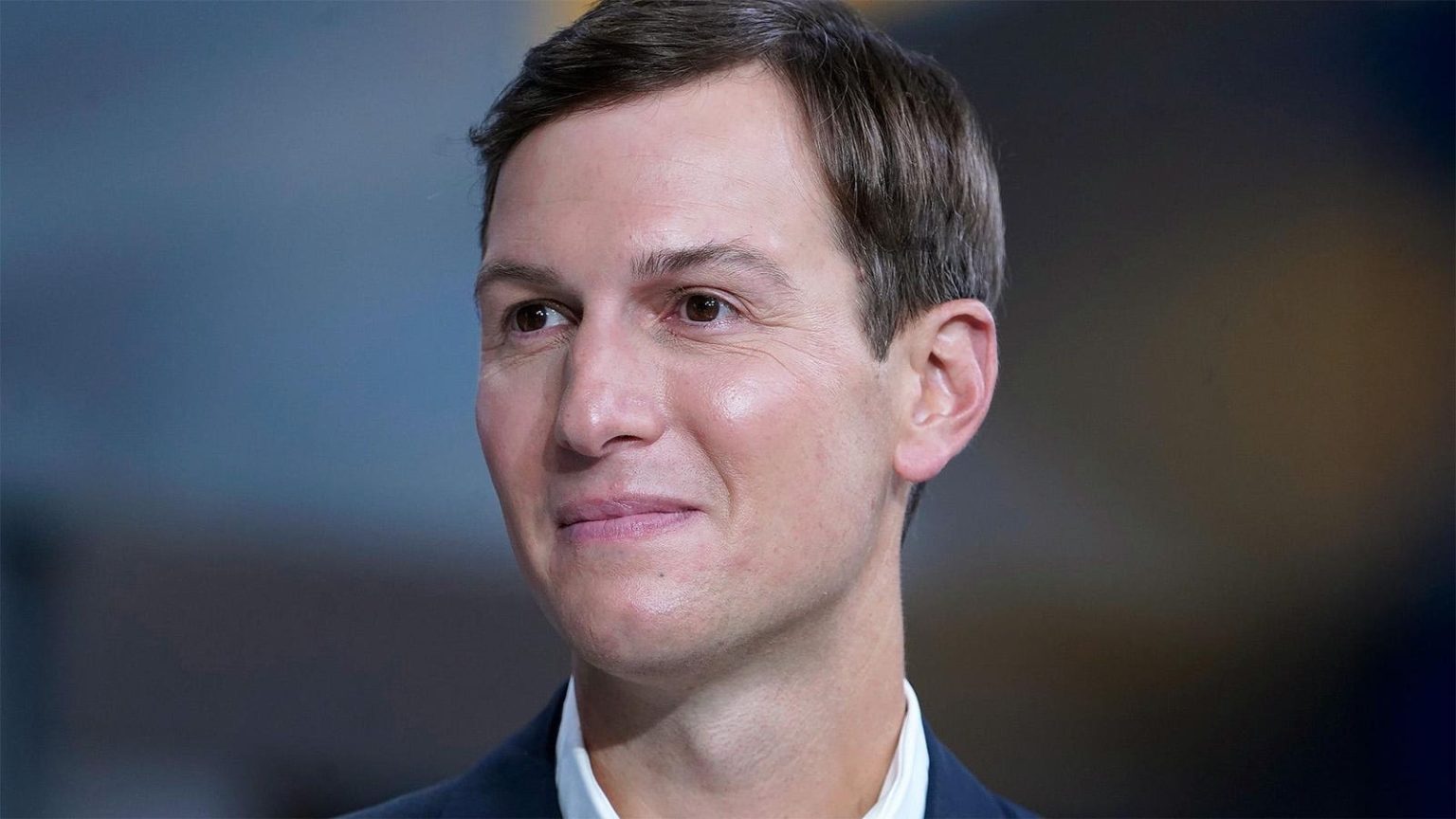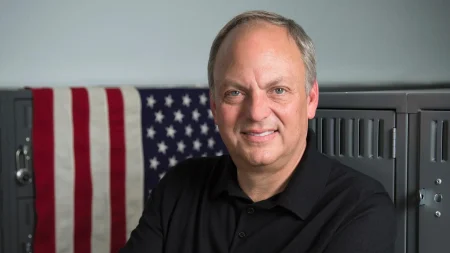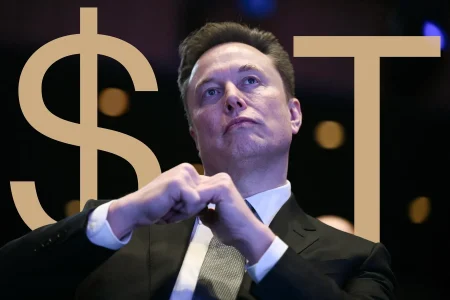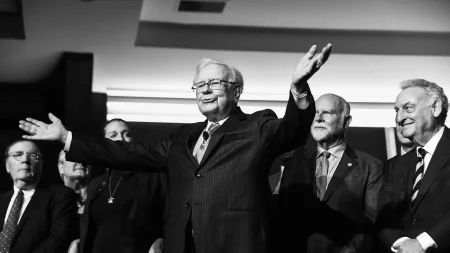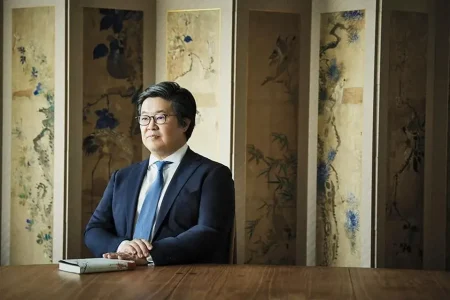Jared Kushner Joins the Billionaire Club
Jared Kushner, Ivanka Trump’s husband, has quietly entered the billionaire ranks with a net worth of just over $1 billion. Thanks to savvy investments, new funding from Middle Eastern backers, and soaring property values in South Florida, Kushner has joined both his brother Josh ($5.2 billion) and father-in-law Donald Trump ($7.3 billion) in the exclusive three-comma club. Unlike his relatives who focus on technology ventures or cryptocurrency, Kushner has carved his own path through private equity, leveraging relationships formed during his time as a White House senior advisor. His Miami-based firm Affinity Partners, founded in 2021 shortly after leaving the White House, has become the cornerstone of his wealth, raising an impressive $4.6 billion to date, including $1.5 billion last year from Qatari sovereign wealth funds and Abu Dhabi-based Lunate.
Kushner’s journey to billionaire status reflects both persistence and timing. His most significant private equity win stems from a decade-old interest in Phoenix, an Israeli insurance and financial services firm. Back in 2014, at age 33 and while leading Kushner Companies, he attempted to acquire a 47% stake in Phoenix, but regulatory hurdles derailed the deal. A decade later, through Affinity Partners, he seized a second opportunity, investing approximately $250 million for a nearly 10% stake since July 2024. This investment has proven remarkably successful, with Kushner boasting an over 9-times return. “At the time, most were scared to invest in Israel due to the uncertainty from the war,” Kushner explains. “We saw Phoenix as a misunderstood cornerstone asset, and said, ‘Let’s make a big bet on Israel.'” His wealth portfolio now includes a 20% stake in Kushner Companies (worth $560 million), his 100% ownership of Affinity Partners (valued at $215 million), and substantial real estate holdings, including his Florida “billionaire bunker” residence purchased for $32 million in 2020 and now worth at least $105 million.
Affinity Partners represents Kushner’s ambitious step into new territory. Having built his career primarily in real estate before his White House tenure, private equity presented fresh challenges. He approached this new venture methodically, investing less than $500 million through 2023 before accelerating significantly. The firm now manages $4.8 billion in assets across approximately 25 investments in at least eight countries, spanning industries from fitness technology to car leasing. Recent investments include an 8% stake in U.K. digital bank OakNorth and ventures into artificial intelligence through backing UniversalAGI and launching a new AI startup, Brain Co., alongside high-profile investors like Coinbase’s Brian Armstrong and LinkedIn’s Reid Hoffman. “When we started, we were trying to find our positioning in the space,” Kushner tells Forbes. “But now we’ve established ourselves as a go-to partner.” While the standard private equity fund operates on a 10-year cycle, Affinity’s first fund extends to 13 years, reflecting a longer-term investment philosophy.
Early wins have bolstered Kushner’s confidence in his investment approach. QXO, a building products distribution firm backed by serial entrepreneur Brad Jacobs, has delivered a 98% gain since Affinity’s initial $350 million investment. London-based digital bank Revolut, which Affinity backed at a $45 billion valuation in August 2024, has reportedly launched a secondary share sale valuing the company at $75 billion—representing a 67% return in just over a year. Dubai-based classified ads platform Dubizzle Group, one of Kushner’s earliest investments, is reportedly preparing for an IPO. The Phoenix investment exemplifies Kushner’s contrarian strategy—he recognized the company was being undervalued as a straight insurance business rather than the fee-generation powerhouse it had become. “Phoenix manages about $170 billion in assets; it’s the JPMorgan of Israel,” says Kushner. While he holds no official role at Phoenix, he maintains active engagement, meeting with leadership every few weeks. “He’s a minority, but a major minority,” notes Phoenix CEO Eyal Ben Simon, with deputy CEO David Alexander adding: “We have a lot of experience with first-tier global private equity funds. He’s built a great team and capabilities, and it feels like interfacing with a leading private equity fund.”
Not all of Kushner’s ventures have succeeded, demonstrating the inherent risks in his investment approach. Mosaic, a California-based residential solar projects lender that Affinity backed in 2022, filed for Chapter 11 bankruptcy in June. His ambitious $500 million luxury development in Belgrade, Serbia—which was to feature a Trump-branded hotel—hit roadblocks when prosecutors discovered forged documents related to the site’s cultural heritage status. “You could have a beautiful hotel that’s creating jobs and paying taxes versus a bombed building that is an eyesore,” argues Kushner, who remains optimistic about the project’s future. He’s also delayed investing in a Mexican infrastructure company due to Trump’s tariffs, preferring to wait until the company purchases more U.S. equipment before committing funds—a decision that reveals how his business interests remain intertwined with political considerations despite his official step back from Trump’s second administration.
Nearly five years into his private equity venture, Kushner remains a relative newcomer in an industry that typically measures success over decades rather than years. While he has secured several promising investments, the true measure of Affinity’s performance will only become clear over time. Nevertheless, his ability to attract substantial funding from wealthy Middle Eastern investors—many connected through relationships developed during his diplomatic work on the Abraham Accords—suggests his financial future may be secure regardless of his portfolio’s ultimate performance. The firm collects approximately $60 million annually in fees from these backers. Despite his relative inexperience in private equity, Kushner has leveraged his political connections, diplomatic experience, and real estate background to build a billion-dollar fortune in remarkably short order. As he continues seeking new investment opportunities and expanding Affinity’s portfolio, his transition from real estate scion to White House advisor to billionaire private equity mogul represents one of the more unusual wealth creation stories of recent years.
